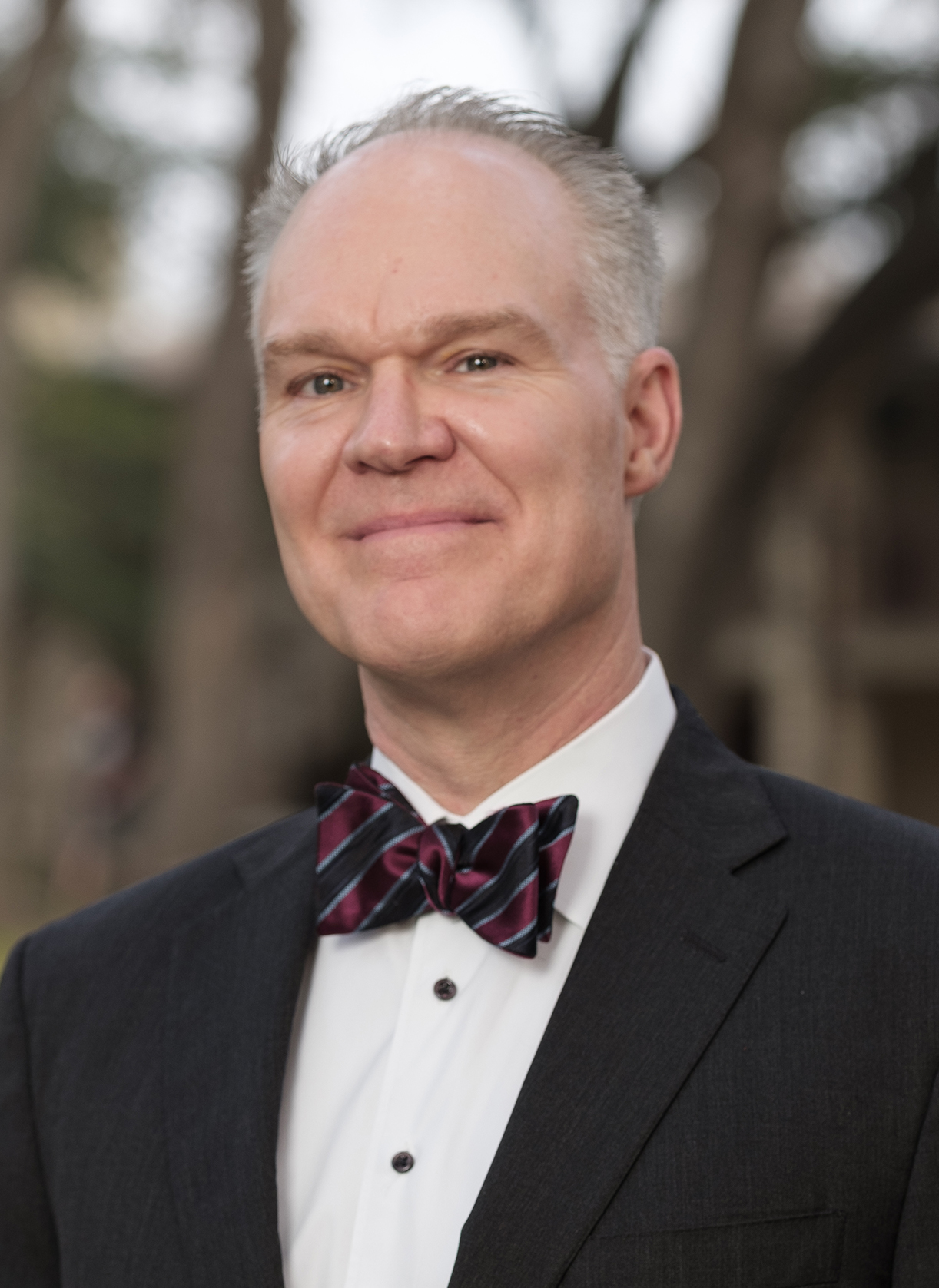In the Gospels, Jesus says more about money than about any other subject except the Kingdom of Heaven. “You cannot serve God and Mammon,” he says in Matthew 6:24, describing money as a spiritual force that competes with God for our attention and devotion.
We’re discussing this passage in a seminary class when one of the students asks: “If money were my god, how would I know?”
“You would think about it all the time,” says one student.
“It would drive your decisions,” says another.
Others chime in: “You would trust it to solve your problems,” “You would sacrifice all else for its sake,” “You would hold on to it as tight as you can.”
Turns out money is god for most of us most of the time.
And yet, it’s not the God we choose. It’s the god that just happens, the one we absorb from life around us, from a culture that assumes that value is scarce, that survival depends on competition and that ultimately everything and everyone is a means to an end.
The Gospel offers an alternative possibility: God is love, and when we participate in that Love, life is abundant. There is, in fact, more than enough.
My students nod their heads and say: Still.

I ask: Which of Jesus’ teachings about money is hardest to accept?
“Matthew 5:42. Give to everyone who asks of you,” says one woman. Everyone agrees.
“Why that one?” I wonder.
“We’re surrounded by asking. Need is endless. If I gave to everyone who asked, I’d be destitute, consumed, exhausted.”
“So Jesus is naïve.”
The students are silent. I’ve said what they believe. What they really believe, some of them suggest, is that our faith doesn’t apply to money. Money runs according to its own rules, like math, like body functions. Money is a temporal, not a spiritual, concern.
Still. They want to be that abundant generosity.
“What would you have to believe before you could actually give to everyone who asks?”
“I’d have to believe that there was really enough, that I wouldn’t run out.”
“I’d have to believe that running out didn’t make me a failure.”
“I’d have to believe I actually had something to give.”
What if all those things are true? What if we just don’t see the truth because we’re in the habit of scarcity and competition?
At this point the woman who started this conversation says: “What if he’s not talking about money?” Everyone leans in. “What if we don’t start with money.”
She has come up with an experiment: “I could give my full attention this week to everyone who asks something of me. I could look them in the eye and give myself to their request.”
Her classmates are startled. We’re all used to dismissing the commandment as impractically heroic, practically impossible. She has instead found a way to respond faithfully, an experiment that involves cost and risk she can manage.
How much of the Gospel do I skate past because it seems too hard to take seriously? What if I approached each hard teaching as curiously as this woman has, looking for small experiments that challenge my unconscious assumptions about how life really works and open me to countercultural possibility?
A week later she reports: “I have something for everyone who asks.”
Her classmates wonder: “Did you give people money?”
“Sometimes,” she says. “Most people are really asking for something else.”
“Were you afraid of running out?”
She replies: “As often as I can remember that I have enough, I’m not afraid to see their need — or mine.”
If money were my god, how would I know?
What is the smallest experiment you could run to test some assumption that limits your faith?



